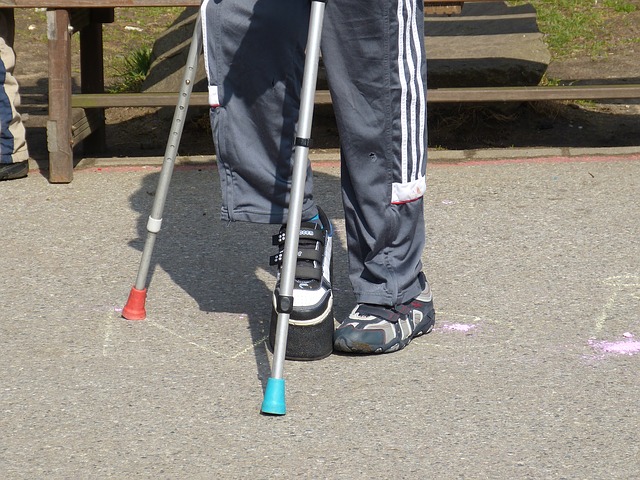Written by: Christine Kelly
April 22, 2016
Dressing, personal care and eating are the stuff of everyday life. These activities are so essential that disability activists and scholars argue receiving help with these tasks should be seen as a fundamental right. This perspective resonates with critical gerontologists’ work related to the availability and quality of home care and long-term care for the aging population. Yet, disability perspectives also argue that such help should not be framed as being ‘cared for.’ Care, they argue, is patronizing, denies autonomy and locates disability solely as an individualized, medical issue. This rejection of care certainly disrupts dominant policy and gerontology discourses that circulate around care.
There is such an aversion to care that many disability activists and scholars use alternative terms such as personal assistance, personal support or attendant services to describe the daily support that individuals might require. These terms arise from the Independent Living movement, which has a rich activist history of advocating for the involvement of people with disabilities in the social and health services directed at them. The rejection of care, and Independent Living approaches to support, have also resulted in unique service delivery models. Most significantly, “direct funded home care” is where disabled people receive cash to hire, train and manage workers to support them in daily life, which shifts control of the services to those who use them.
In my book Disability Politics and Care: The Challenge of Direct Funding (2016, UBC Press), I explore what happens to ‘care’ in programs that explicitly reject the notion of care. Does care completely disappear from Independent Living services? Further, how can we think of this rejection drawing on insights from feminist literature exploring the ethics of care and care as a gendered form of work? Reporting on a qualitative study with people who use, develop and work under a direct funding program in Ontario, Canada, I argue that care does not disappear from Independent Living, but rather is moved. That is, the meanings and practices of care are altered for both the person with a disability and those who support them. Under direct funding, care is no longer an all-encompassing response to disability and difference, nor is it a failure of the medical system, but it is contained for certain periods of life. In doing so, direct funding programs represent a complex intervention in our policy landscapes, work environments and theoretical debates about care.
Disability Politics and Care is available at: http://www.ubcpress.ca/search/title_book.asp?BookID=299174993
Christine Kelly is an Assistant Professor in the Department of Community Health Sciences at the University of Manitoba. More information about Dr. Kelly and her work can be found at www.christinekelly.ca.


